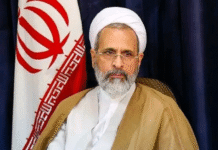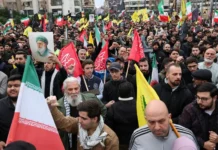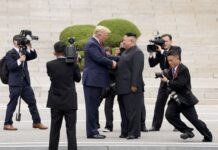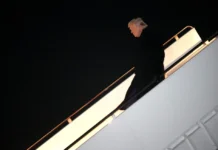Written by Were Kelly
President Donald Trump has declared a full diplomatic boycott of the upcoming Group of 20 summit in South Africa, asserting that alleged human rights abuses against the country’s white Afrikaner minority make it a “disgrace” for the meeting to be held there. The announcement, made via a post on Truth Social on Friday, November 7, means no American government official will attend the gathering of world leaders in Johannesburg later this month. The decision prompted a swift and firm rebuttal from South Africa, which labelled the move “regrettable” and rejected the president’s claims as baseless.
“It is a total disgrace that the G20 will be held in South Africa,” President Trump wrote. He specifically cited the Afrikaner community, descendants of Dutch, French, and German settlers, claiming they are “being killed and slaughtered, and their land and farms are being illegally confiscated.” He concluded, “No U.S. Government Official will attend as long as these Human Rights abuses continue. I look forward to hosting the 2026 G20 in Miami, Florida!” A source familiar with the matter confirmed that Vice President JD Vance, who had been scheduled to lead the US delegation, would no longer be travelling to the summit.
South Africa’s foreign ministry issued a statement taking note of what it called Trump’s “regrettable” post. The ministry directly challenged the premise of the boycott, reiterating Pretoria’s consistent position on the matter. “The claim that this community faces persecution is not substantiated by fact,” the ministry stated. It further positioned South Africa’s painful history of racial inequality as a source of strength for the G20 forum, adding, “Our nation is uniquely positioned to champion within the G20 a future of genuine solidarity,” and expressed its commitment to hosting a successful summit.
The boycott represents a significant escalation in diplomatic tensions between the two nations. The Trump administration has repeatedly taken issue with South African policies, including its domestic land reform agenda and its recent foreign policy stance, such as bringing a case accusing Israel of genocide in Gaza.
This is not the first US boycott under President Trump; earlier this year, Secretary of State Marco Rubio also refused to attend a G20 foreign ministers’ meeting held in South Africa. With the United States set to take over the G20 presidency from South Africa, this latest move casts a shadow over the forum’s tradition of multilateral cooperation and highlights the deep divisions in Washington’s current approach to international diplomacy.



















